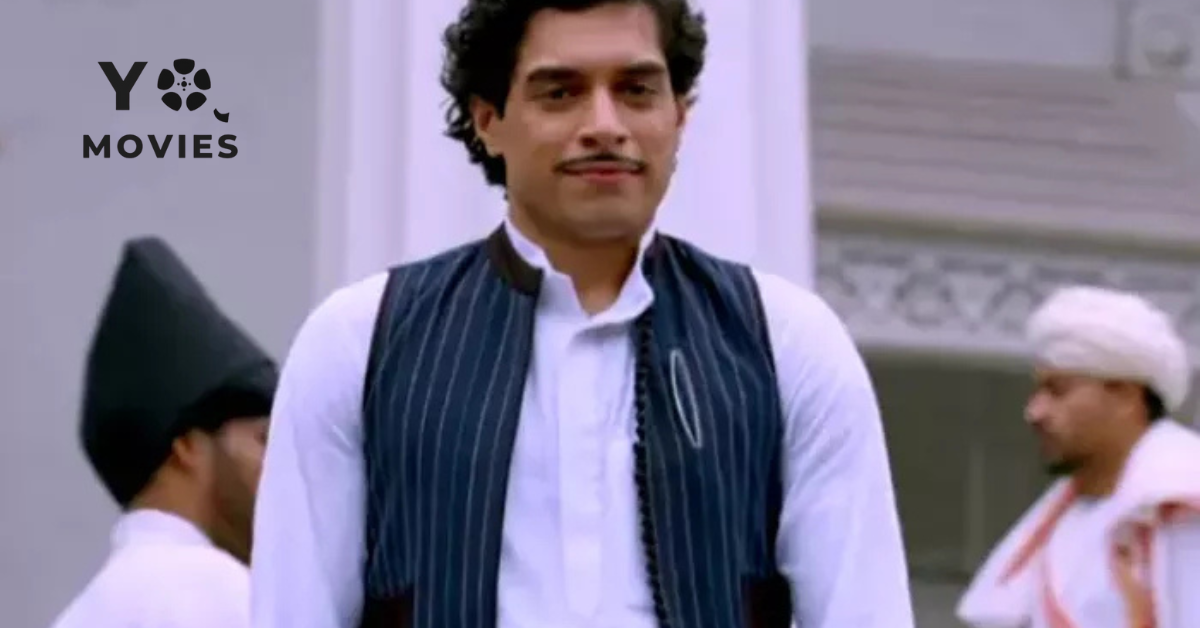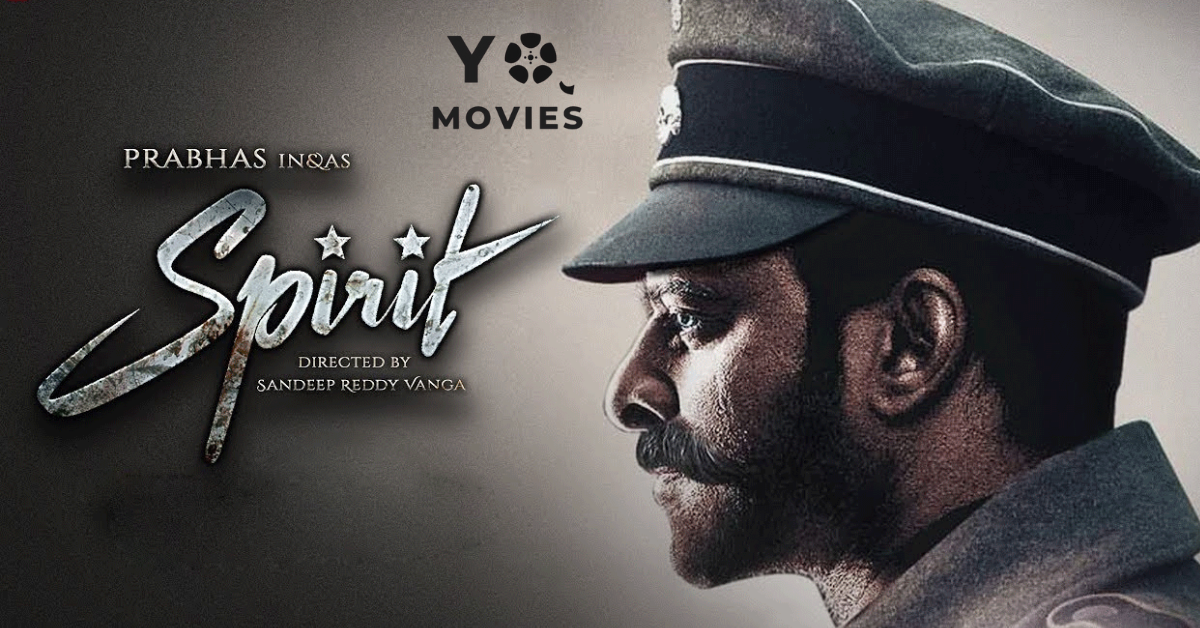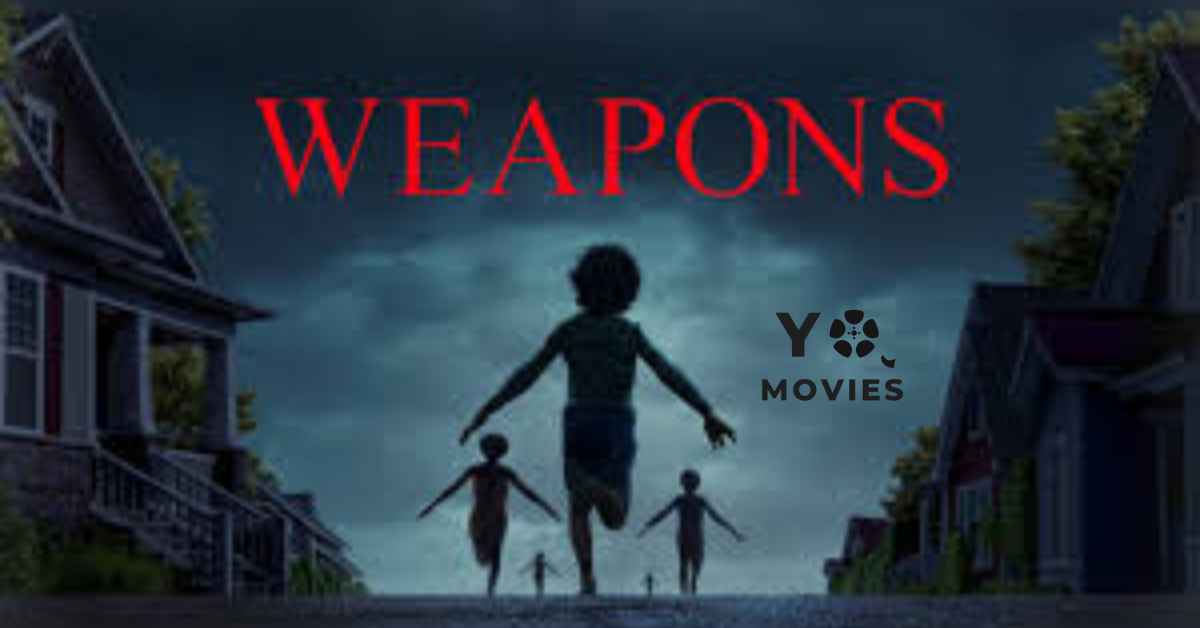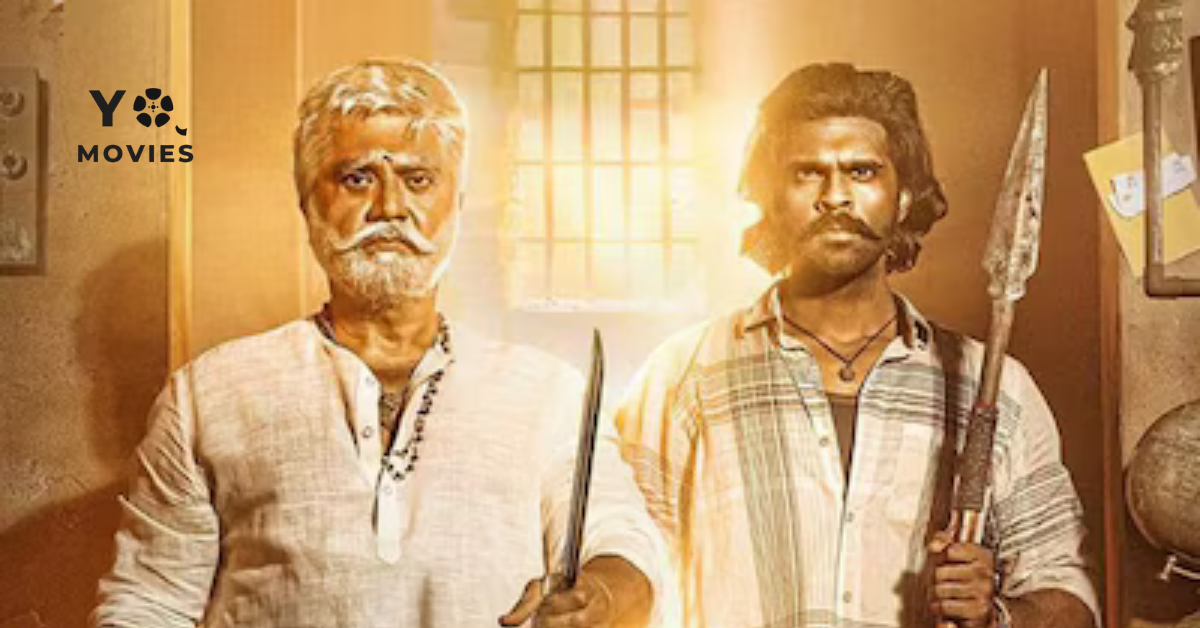Maharaj Movie Review
Story Overview
Maharaj (2024) is a historical drama directed by Siddharth P. Malhotra, produced under YRF Entertainment, and based on the landmark Maharaj Libel Case of 1862 as chronicled in Saurabh Shah’s novel. The film introduces us to Karsandas Mulji (Junaid Khan), a fearless journalist and reformist who targets the exploitative practices of the powerful godman Jadunathji Maharaj.
Set against the early days of modern Bombay, the film portrays Karsandas’s fight for justice through a defamation suit. His moral stance and fight against blind faith take center stage, leading to one of India’s most significant courtroom dramas.
Cast & Character Performances
- Junaid Khan (Karsandas Mulji): Aamir Khan’s son delivers a promising debut. Observers note he brings passion and spirit to the character, but occasionally falls into rehearsed delivery.
- Jaideep Ahlawat (Yadunath Maharaj): He stands out with a chilling, stoic presence—his subtle smirk and demeanor anchoring the film’s antagonist with ease.
- Shalini Pandey plays Kishori, whose emotional arc, especially during the disturbing charan seva sequence, is deeply affecting.
- Sharvari Wagh brings spirited energy, especially in scenes revealing her character’s vulnerable past.
- Jay Upadhyay (Viraaj) delivers understated strength, significantly supporting the narrative.
Direction & Script Execution
The film is commended for its courage in addressing religious exploitation and championing press freedom—timely themes that echo through India’s socio-political fabric.
However, reviewers criticize its traditional and sluggish storytelling. It leans heavily on Yash Raj-style embellishments—elaborate sets, songs, and melodrama that overshadow the film’s core message.
Visuals, Music & Technical Craft
- Production Design: Authentically recreates the 1860s Bombay landscape with elegant sets and period detailing.
- Cinematography & Music: Though atmospheric, the film occasionally leans into conventional dramatics. Sohail Sen’s music has limited impact, with only a familiar bhajan standing out.
- Editing & Pacing: At over two hours, the film’s pacing feels ponderous. Some sequences, especially the climax, lack the emotional or narrative bite they should have had.
Themes & Cultural Resonance
Maharaj bravely tackles religious hypocrisy and freedom of the press, themes still relevant today. Its messaging about reform and courage against blind faith draws powerful parallels to contemporary issues.
Yet, conventional framing and “safe storytelling” dilute the emotional weight, bloodlessly delivering an important message.
Critical Reception
- Mixed Reviews: Rotten Tomatoes reflects polarized views ranging from praise for its subversive politics to sharp critique of its ineffectual execution.
- Critics:
- The Indian Express finds it “strictly passable,” citing the familiar YRF gloss overshadowing substance.
- The Hindu describes its intent as noble but slow-paced and uninspiring.
- Hindustan Times applauds its premises but notes its limited impact.
- Firstpost and Filmfare commend its storytelling and performances, rating it between 3 and 3.5 out of 5.
- Akhil Arora (Akhilarora.com) calls it “future historical docudrama,” pointing to weak narrative execution
Audience Reactions
Reddit users are divided—some praise its historical value and performances, while others lambast it as sluggish and overwrought. Opinions often hinge on expectations of pace versus historical gravitas.
Final Verdict
Rating: 3/5
Maharaj is anchored by a bold and essential story—highlighting an early social reformer’s courage in the face of religious oppression. Emergency performances elevate its worth: Jaideep Ahlawat’s poised villainy and the earnest debut by Junaid Khan offer glimpses of promise. Still, its execution—mired in traditional melodrama and YRF polish—dampens its potential. It remains a film with noble intentions, partially rewarded, and perhaps worth a thoughtful watch on Netflix.
Explore more impactful historical dramas and spirited performances on YoMovies—your source for films that spark thought and conversation.





Leave a Reply